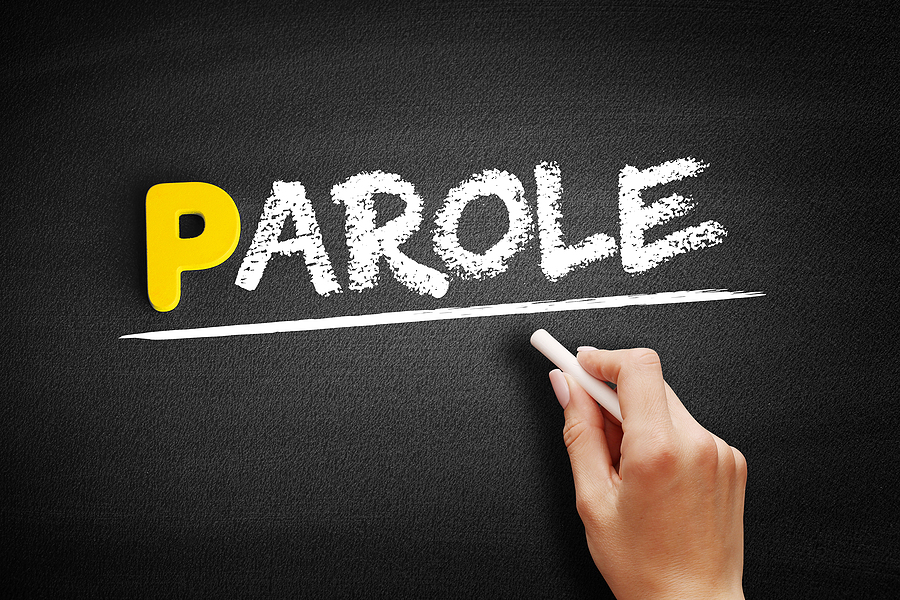A criminal record can feel like a shadow that never quite fades. It follows you to job interviews, housing applications, and sometimes even affects your credit. But in Indiana, the law offers a path to step out of that shadow.
Expungement isn’t just a legal procedure; it’s a second chance. It allows you to seal your past mistakes so they don’t dictate your future opportunities. However, navigating the eligibility requirements and timelines can be complex. This guide breaks down exactly who qualifies, how long you have to wait, and the steps to reclaiming your reputation.
TL;DR & Key Takeaways:
- Most offenses are eligible: From arrests without convictions to many felonies, Indiana law (I.C. 35-38-9) allows for sealing of records if specific conditions are met.
- Waiting periods vary: You must wait anywhere from 1 to 10 years depending on the severity of the offense.
- One shot rule: Generally, you can only file for expungement of convictions once in your lifetime, so it’s critical to include all eligible records in your petition.
- Not everything disappears: Expungement seals records from the public, but law enforcement and some licensing agencies may still have access.
- Get expert help: Because you have one opportunity, working with a legal professional ensures you don’t miss anything.
Table of Contents:
- What is expungement, and why is it important?
- Who is eligible for expungement in Indiana?
- What are the waiting periods for expungement?
- Are there any offenses that cannot be expunged?
- What is the expungement process in Indiana?
- How can an attorney help with expungement?
- Frequently Asked Questions

What is expungement, and why is it important?
In legal terms, expungement in Indiana doesn’t mean your records are physically destroyed or erased from existence. Instead, they are sealed. This means that for most purposes, the records are removed from public access.
When your record is expunged:
- Employment: Employers generally cannot ask about expunged convictions on job applications.
- Discrimination: It becomes unlawful to discriminate against you based on an expunged record for housing, employment, or licensure.
- Civil Rights: It restores civil rights, such as the right to vote and hold public office (though firearm rights restoration is a separate, more complex process for domestic violence offenses).
Essentially, expungement allows you to legally state that you have not been convicted of a crime. It removes the barriers that prevent good people from moving forward after paying their debt to society.
Who is eligible for expungement in Indiana?
Eligibility is primarily determined by the nature of the offense and your behavior since the conviction. To qualify, you generally must meet the following criteria:
- No Pending Charges: You cannot have any active criminal charges currently filed against you.
- No New Convictions: You must not have committed another crime within the required waiting period.
- Financial Obligations Met: You must have paid all court costs, fines, fees, and restitution associated with your sentence.
The law categorizes eligibility into sections based on severity:
- Arrests (Section 1): If you were arrested but not convicted, or if your conviction was vacated.
- Misdemeanors (Section 2): Includes Class D or Level 6 felonies reduced to misdemeanors.
- Less Serious Felonies (Section 3): Class D or Level 6 felonies that did not result in bodily injury.
- Serious Felonies (Sections 4 & 5): Higher-level felonies or those involving bodily injury. These have stricter requirements and often require prosecutor consent.
Not sure if you qualify? Contact us today for a free expungement eligibility and case review in Indianapolis.
What are the waiting periods for expungement?
Timing is everything. You cannot file for expungement until a specific amount of time has passed since your conviction or the completion of your sentence.
Arrests / Non-Convictions
- Waiting Period: 1 year after the date of arrest.
- Note: If you were acquitted or the charges were dismissed, you might be eligible sooner.
Misdemeanors
- Waiting Period: 5 years from the date of conviction.
Level 6 / Class D Felonies (No Bodily Injury)
- Waiting Period: 8 years from the date of conviction.
Major Felonies (No Serious Bodily Injury)
- Waiting Period: 8 years from conviction or 3 years from the completion of your sentence (whichever is later).
Serious Felonies (Resulting in Serious Bodily Injury)
- Waiting Period: 10 years from conviction or 5 years from the completion of your sentence (whichever is later).
- Requirement: You must have the written consent of the prosecutor to expunge these offenses.
- Note: Prosecutors have the discretion to agree to a shorter waiting period in writing, though this is rare.
Are there any offenses that cannot be expunged?
While Indiana’s “Second Chance Law” is generous, it draws a line at certain offenses deemed too severe to be sealed from public view. You typically cannot expunge records if you are considered a “sex or violent offender” under Indiana Code 11-8-8-5.
Specific ineligible offenses often include:
- Sex crimes (including child molestation and rape)
- Homicide/Murder
- Human trafficking
- Official misconduct
- Convictions for two or more offenses involving the use of a deadly weapon (if not part of the same episode of conduct)
If you are unsure whether your specific charge falls into an ineligible category, an expungement legal review is essential.
What is the expungement process in Indiana?
The process requires precision. A single mistake on your petition can lead to a denial, which is why following these steps carefully is crucial.
1. Gather Your Records
You need a complete history of your arrests and convictions. This includes dates, case numbers, and counties. You must identify every conviction because leaving one out can jeopardize the petition.
2. Draft the Petition
The petition must be filed in the specific county where the conviction occurred. If you have convictions in multiple counties, you must file separate petitions in each county.
3. File the Petition
You will file the paperwork with the court clerk and pay the required civil filing fee (unless waived due to indigency).
4. Serve the Prosecutor
You are legally required to serve a copy of your petition to the County Prosecutor’s Office. They have 30 days to object.
5. The Court’s Decision
- No Objection: If the prosecutor doesn’t object and you meet all statutory requirements, the judge may grant the expungement without a hearing.
- Objection: If the prosecutor objects, the court will set a hearing where you (or your attorney) must argue your case.
How can an attorney help with expungement?
There is a critical rule in Indiana expungement law: You can generally only file for expungement of convictions once in your lifetime.
This “one bite at the apple” rule means if you file a petition and accidentally leave out an old misdemeanor from a different county, you may never be able to go back and expunge that forgotten record.
An experienced attorney helps by:
- Conducting a comprehensive background check to ensure no records are missed.
- Handling the complex paperwork and ensuring filings happen in the correct jurisdiction.
- Negotiating with prosecutors, especially for serious felonies where consent is required.
- Representing you in court if a hearing is requested.
Frequently Asked Questions
Can I buy a gun after expungement?
Not necessarily. While expungement restores many civil rights, it does not automatically restore firearm rights for domestic violence convictions. That requires a separate restoration process.
Does expungement happen automatically?
No. You must file a petition with the court. It is an active legal process, not an automatic one.
How long does the process take?
From filing to the final order, the process typically takes 60 to 180 days, depending on the county and whether the prosecutor objects.
Can employers see expunged records?
General employers cannot see them. However, law enforcement agencies and certain industries (like childcare or school employment) may still have access to these records for background checks.
Quick Recap:
- Expungement seals your record, making it inaccessible to the general public.
- You must be free of pending charges and have paid all fines/fees.
- Waiting periods range from 1 year (arrests) to 10 years (serious felonies).
- Sex offenses and homicides are generally ineligible.
- Critical: You usually only get one chance in your lifetime to expunge convictions.
Final Thoughts
Your past doesn’t have to define your future. If you have met the requirements and served your time, you deserve the clean slate that Indiana law provides. Don’t risk your one opportunity for relief by navigating the court system alone.
Ready to move forward with your second chance? Schedule a free expungement eligibility and case review in Indianapolis. Let our team help you take on your past criminal record, head-on.
Related Post: Start Fresh in the New Year: Giving Yourself the Gift of Expungement









